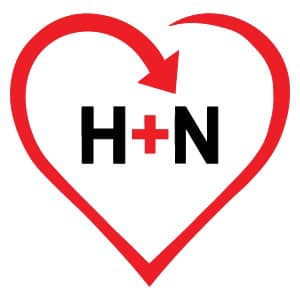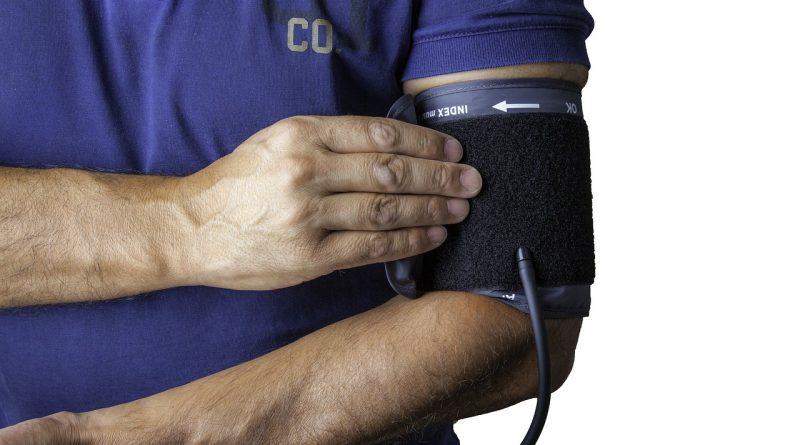High blood pressure or hypertension is a condition that disrupts the normal flow and distribution of blood to various organs in the body. Essentially, a person suffering from high blood pressure does not suffer from (or show) any symptoms, which is why it is called “the silent killer”. However, the only way to diagnose high blood pressure is via regular medical checkups. There are several bad effects of having high blood pressure, with the risk of having a stroke being one of the most dangerous ones.
What is a stroke?
Stroke can be described as the loss of brain function due to the poor blood supply to the brain. Insufficient blood could also result in less oxygen supply, thus causing brain damage. Stroke can affect someone’s movement, vision, speech, memory and at times, can cause partial paralysis of some body parts.
The link between stroke and high blood pressure
High blood pressure is known to be the most significant factor in a stroke attack. Research shows that virtually 70% of all strokes are a result of high blood pressure. Additionally, a patient with high blood pressure is four times more likely to have a stroke as compared to someone with healthy blood pressure.
As the blood pressure becomes too high, the chances of having a stroke increase. The high pressure exerted by blood accelerates the effect of atherosclerosis, narrowing the walls of the blood vessels due to fatty plaques build-up. These plaques cause damage and weakness of the arteries and can eventually block the supply of blood to the brain to cause a stroke.
Furthermore, chronic high blood pressure can worsen the walls of the vessels. This increases the risk of hemorrhagic stroke – a type of stroke caused by bleeding in the brain. In other cases, high blood pressure induces the thickening of the artery walls due to the constant tension applied. This reduces their flexibility, makes them easy to rupture and more fragile, and may also result in a stroke.
Warning signs of stroke
The warning signs of stroke attributable to hypertension include the difficulty in understanding conversations, deadness on any parts of the body, dizziness, visual changes, loss of consciousness and confusion.
Controlling your blood pressure
Stroke and high blood pressure are both life-threatening but can be easily controlled if you are well-informed. Likewise, avoiding a sedentary lifestyle, smoking, stressful life, and excessive alcohol intake is very helpful to maintain the best health level and averting hypertension.
Foods also have an effect on the pressure of blood in the blood vessels. Therefore, foods that are high in salt and cholesterol must be avoided. Before anything else, make sure you consult your physician for a checkup to estimate the severity of your problem. He will prescribe some medications that will regulate your blood pressure.
Conclusion
Having a healthy heart with good blood circulation is very essential to our survival and living longer. Therefore, you must be knowledgeable enough to know about these issues. If you have a friend or family member suffering from cardio diseases, particularly high blood pressure, it is best to go for early regular checks.




Leave a comment
This site is protected by hCaptcha and the hCaptcha Privacy Policy and Terms of Service apply.